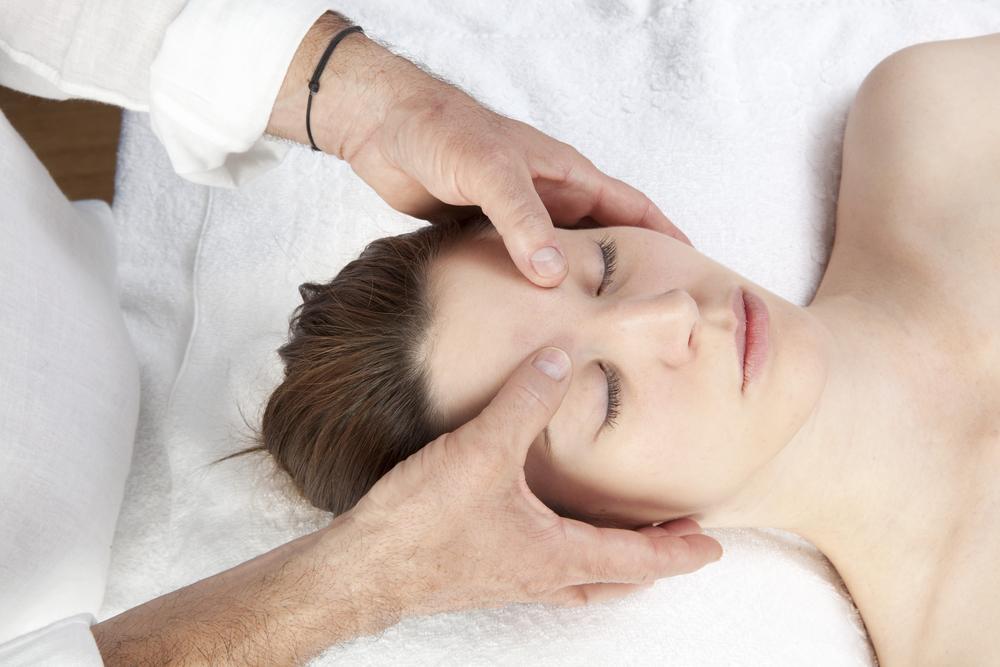Comprehensive Lifestyle Approaches to Alleviate Chronic Migraine Pain
Discover comprehensive lifestyle strategies to effectively manage persistent migraines. This guide covers dietary adjustments, natural therapies like yoga, stress management tips, and the importance of regular routines to reduce migraine frequency and intensity. Learn how lifestyle changes can significantly improve quality of life for those affected by chronic migraines with expert-backed advice.

Strategic Lifestyle Modifications for Managing Chronic Migraine Headaches
Chronic migraines are characterized by experiencing headaches on 15 or more days each month, representing a more severe and persistent form of migraine disorder. While episodic migraines involve periodic pain, chronic migraines involve continuous or frequently recurrent episodes that significantly impair daily functioning and quality of life. Understanding the underlying causes of these persistent headaches is vital in developing effective management strategies. The complexity of migraine etiology encompasses nervous system irregularities, chemical imbalances within the brain, genetic predispositions, and anomalies in blood vessel function. Each component plays a role in the persistence and severity of migraine symptoms.
Many neurological factors contribute to the development of chronic migraines. Imbalances in neurotransmitters, such as serotonin and dopamine, influence pain perception and vascular constriction, leading to headache episodes. Additionally, inadequate cerebral blood flow can exacerbate migraine severity. Identifying and addressing these neurological triggers through comprehensive medical evaluation is essential. External factors like stress, poor posture, excessive caffeine intake, hormonal fluctuations (especially in women), medication overuse, and environmental changes like weather shifts are known to precipitate or worsen migraine episodes.
Beyond the physical symptoms, chronic migraines can have profound psychological implications. Prolonged pain and frequent episodes increase susceptibility to anxiety disorders, depression, and social withdrawal. Effective management requires an integrated approach combining medical treatment with lifestyle modifications. Dietary habits play a pivotal role; consuming a nutrient-rich, balanced diet can reduce the frequency and intensity of migraines. Emphasizing foods such as leafy green vegetables, lean meats, nuts, seeds, and organic products helps correct nutritional deficiencies and stabilize blood sugar levels. Limiting intake of processed foods, sugar, alcohol, and caffeine can prevent trigger episodes.
Natural therapies such as yoga have gained popularity as complementary approaches in migraine management. Specific yoga poses and breathing exercises, when practiced consistently under professional guidance, have demonstrated benefits in reducing headache frequency and alleviating pain symptoms. Mind-body practices improve stress management, enhance blood circulation, and promote relaxation, which are crucial in preventing migraine episodes. Always seek consultation from healthcare providers before initiating yoga or other alternative therapies to ensure they align with individual health needs.
In addition to dietary and physical activity modifications, maintaining regular sleep patterns, practicing relaxation techniques, and staying well-hydrated are essential components of a migraine-friendly lifestyle. Developing a routine that minimizes exposure to known triggers and incorporates stress reduction strategies can significantly improve quality of life for those suffering from chronic migraines. By combining medical oversight with proactive lifestyle changes, individuals can effectively mitigate the debilitating effects of persistent migraine pain and enhance their overall well-being.





